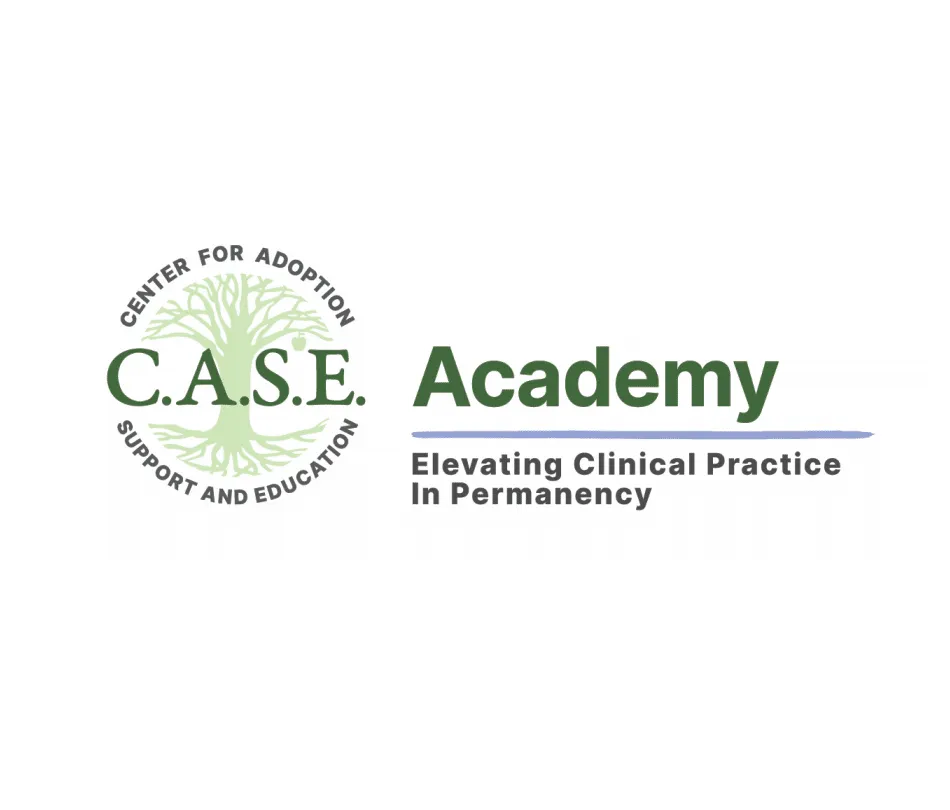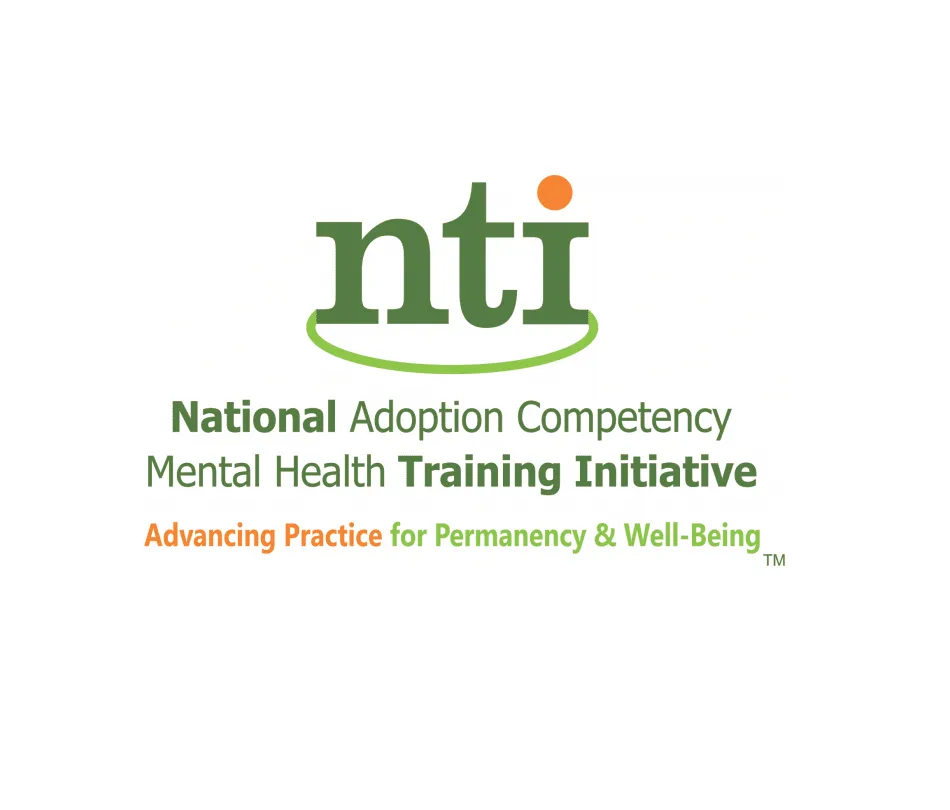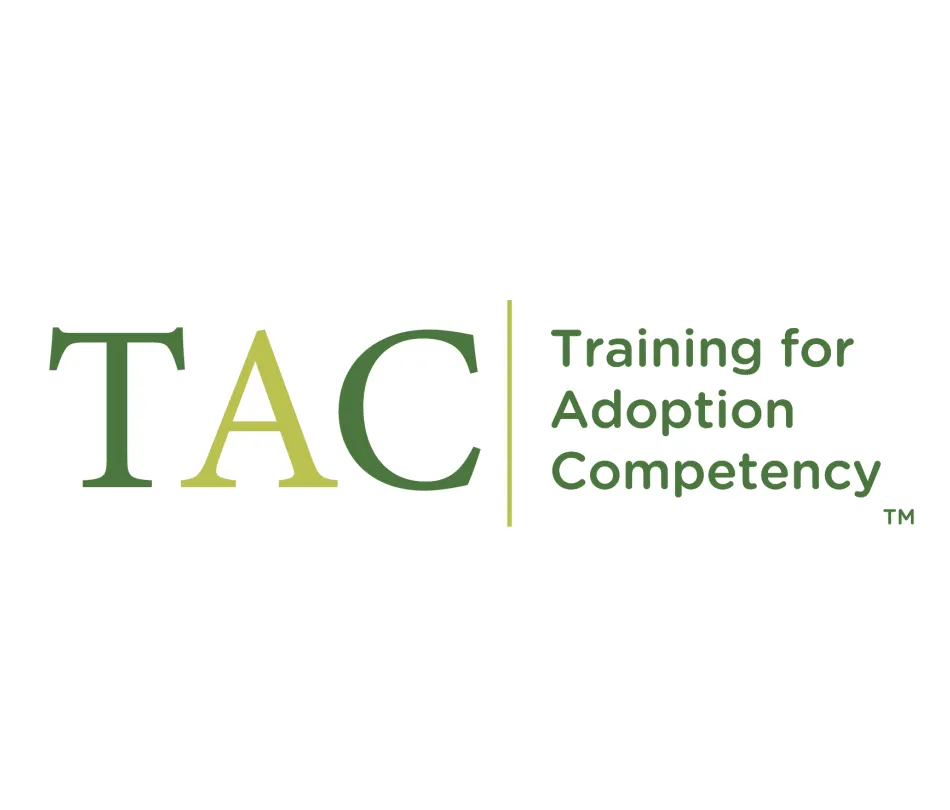Back to School: The Importance of Adoption Competency in School Settings
Back to School: The Importance of Adoption Competency in School Settings
Sadly, the last days of summer are often overshadowed by back-to-school stress, making it hard for the whole family to enjoy the waning relaxing days of relatively uncomplicated schedules.
For many, the stress is related to expectations: ‘Will I still have the same friend group?’ ‘How will I ever pass Biology?’ ‘All my friends are allowed to go to parties and I’m not, I want independence!’ ‘I heard Mr. Smith is a hard teacher ugh! I wish I had someone nice!’ Issues stemming from disrupted attachment, lacking a felt sense of safety and belonging, identity confusion, and racial tensions add to that back-to-school stress. Mix in histories steeped in trauma and loss, and it makes sense that these children face far more obstacles.
According to the most recent Adoption and Foster Care Analysis and Reporting System (AFCARS) Report, there are over 400,000 children in foster care in the U.S. today with the average age of a waiting child at 7.7 years old. Data reported also shows that 29% of foster youth will spend at least three years in foster care, 54% of foster youth have the permanency goal of returning to family, and 28% of foster youth have a goal of adoption. Four percent of youth have a goal of ’emancipation’ or being discharged from foster care without a permanent family; and nearly 26,000 ‘age out of care’ each year, again they leave foster care without a permanent family, although that was not the ‘goal’ for them.
We know from research that most youth in foster care change schools when first entering care, and often change schools every time they return home or are moved to a new foster home.
Nearly a third of 17 to 18-year-olds in care have experienced five or more school changes and are up to 4 times more likely to be expelled from school. The internal struggles get externalized, creating social and educational challenges, and the resulting behaviors get punished.
What does this mean for our youth in care?
- 1 in 5 will become homeless after the age of 18
- Only 58% will graduate high school by age 19 (compared to 87% of the general population)
- 71% of young women are pregnant by the age of 21
- By age 24 only half are employed
- Fewer than 3% will earn a college degree by age 25 (compared to 28% of all 25-year-olds)
- 1 in 4 will be involved in the justice system just 2 years after leaving foster care
- These impacts cost nearly $8 billion for EACH annual cohort of youth leaving care.
According to the U.S. Census, one out of every 25 U.S. families with children have an adopted child, and about half of these have both biological and adopted children. We know that adolescence is the period of greatest need and the most common time that adoptive families seek help. Teens who were adopted at age 4 or older have higher rates of depression than non-adopted youth or those adopted before age 4. Additionally, 40% of youth adopted from foster care are diagnosed with ADD/ADHD with a high incidence of prenatal drug/alcohol exposure.
‘Sound research in adoption has found that the majority of children adopted in early infancy show no abnormal adjustment problems until they enter school, or until about the ages of 6-8. As awareness of adoption impacts them-and as others begin to question their adoptive ‘status’-their learning is more likely to be impacted by the emotional experience of adoption.’ – David Brodzinsky, Ph.D.
Why is adoption competency important in a school setting?
Most educators will have at least one (and likely far more) foster and/or adopted child in the classroom throughout a given year. And yet, school professionals, while well-intentioned, lack the specialized adoption competency to intervene in trauma-informed ways that will yield better academic and social-emotional outcomes.
Today, with more openness and commitment to creating space for meaningful and healthy dialogue about adoption within families, the hope is that the same commitment is found in school systems with teachers, mental health professionals, faculty members and, ultimately, that children and young people who are experiencing adoption and foster care will feel supported and set up for success in the classroom.
What Can School-based Mental Health Professionals Do?
Teachers and School Counselors are often the single most important influence outside the home. They are:
- Trusted to know accurate information
- Valued by children for their advice and opinions
- Trained to provide information at an appropriate level of understanding
- Aware of how to help children make the information relevant to themselves
- Knowledgeable about individual personalities and learning styles that will impact understanding.
Seeing the impact this trauma-informed knowledge gap among school professionals has upon children and teens, through a series of training modules, C.A.S.E. surveyed 47 school-based mental health professionals – including social workers, psychologists, and counselors to gather feedback on developing a specialized, adoption-competent training tailored to school personnel with the following results:
- 100% of participants said the training increased their understanding of the needs of these children.
- Across all modules, there were significant increases in the pre-test to post-test scores: pre-to post-test knowledge gains increased by an average of 36 points with the module on attachment gaining 49 points.
- Participants reported significant increases in adoption mental health competence in both knowledge and ability domains.
Leveraging the pilot’s success, we secured funding from multiple partners to underwrite this training to include classroom scenarios, strategies, and written resources to support school-based professionals and the children they serve.
This new training is called the School-Based Mental Health Professionals Training which provides the foundational knowledge, values and skills needed to enhance adoption competency for mental health professionals providing services to support the mental health and well-being of children experiencing foster care, adoption, or kinship care in school settings. This may include counselors, social workers, psychologists, therapists, or other support professionals employed or contracted by school settings.
The School-based Mental Health Professionals Training includes these core competencies: understanding and addressing the complex and often nuanced mental health needs of children experiencing foster care, adoption, and kinship care, with a focus on the impact of loss and grief, trauma, attachment and identity – especially for children in transracial and transcultural families. If you are a school mental health professional, you can enroll free today for in the School-Based Mental Health Professionals Training.










